Pre-Need & At Need
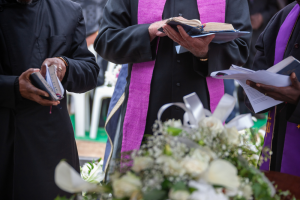
Funerals
Traditional Funerals
Personalized Funerals
Direct Burials
Transfer (shipping) Service
Limited Service Option
Refrigeration
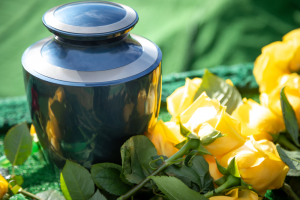
Cremations
Traditional Funerals (Cremation)
Memorial Services
Direct Cremations
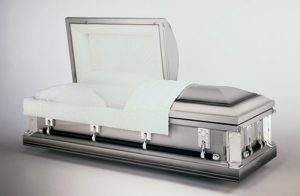
Merchandise
Caskets
Vaults
Urns
Cremation Option Caskets
Alternative Containers
Transfer Containers
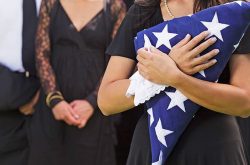
Veteran Services
Specialized Merchandise
Service for U.S. Veterans
Assistance with All Veteran matters:
ordering VA flags, filing of claims, notification
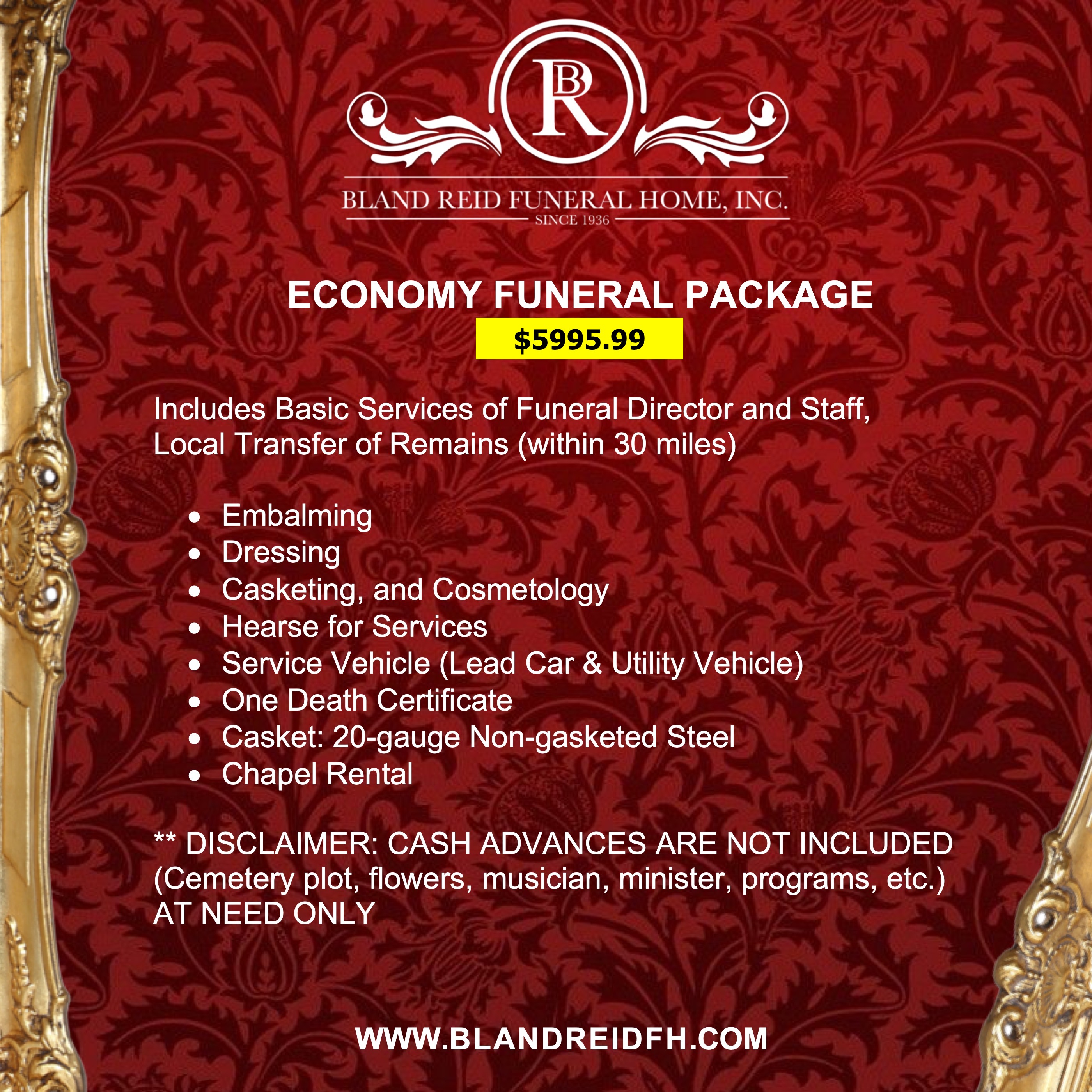
Frequently Asked Questions
Many people are unfamiliar or unclear about funeral arrangements and/or traditions. Below, you will find our most frequently asked questions. We hope you find this list informative because we are committed to providing you with accurate and honest information to help you make the necessary decisions regarding funeral arrangements.
When death occurs, what should I do?
What do I do next and what does a funeral director do?
What is the purpose of a funeral?
What does one do at a viewing or visitation?
Why have a public viewing?
What will help you with the loss of a loved one?
Can you help us with sending memorials to the funeral?
What is the purpose of a vault?
What is a cremation?
What is a memorial service?
When death occurs, what should I do?
When someone dies in a medical facility, usually the staff will take care some arrangements, such as contacting the funeral home of your choice. You will be reasonable for contacting friends, family and clergy. When someone dies at home or work, first call the emergency phone number in your area, usually 911; or if under the care of hospice, call that hospice organization instead of 911. Depending on the circumstances of death, the deceased will either be transported to the morgue for autopsy or to the funeral home of your choice. If your loved one was under medical care, please notify their personal doctor.
What do I do next, and what does a funeral director do?
You, contact the funeral home of your choice. That funeral director will help you:
- Transport the body
- Obtain a death certificate
- Select a casket, urn or grave marker
- Arrange a funeral, memorial or burial service
- Prepare the obituary
- Help you notify the deceased’s employer, attorney, insurance company and banks
- Offer grief support or direct you to other resources
What is the purpose of a funeral?
For thousands of years, funerals have allowed survivors to express their feeling about the death of someone they love. According to noted grief educator Alan Wolefelt, the funeral ceremony helps mourners:
- Acknowledge someone has died
- Say goodbye
- Remember the person who died, and encourage us to share those memories with others
- Affirm the worth of their relationship with the person who died
- Provide a social support system
- Search for the meaning of life and death
- Offer continuity and hope for the living
- Psychologists and experts agree that the benefits of the funeral are for those left behind. The funeral is a socially-recognized forum for expressing grief in a realistic and meaningful way.
What does one do at a viewing or visitation?
A viewing is a time when the body is present and friends and family can come and say their farewells. Those who attend may sign a guestbook, speak with family members and view the body.
Why have a public viewing?
Viewing is part of many cultural and ethnic traditions. Many grief specialist report that viewing aids the grief process by helping the bereaved recognize the reality of death.
What will help you with the loss of a loved one?
Share your grief with friends and family members. Participate in the funeral as much as possible, by planning a service that is personal and reflects your loved one’s life. The best way to begin the healing process is with a meaningful funeral, where you experience the support of others also share your loss.
Can you help us with sending memorials to the funeral?
Yes, we can provide contact information for local florist and memorial gifts.
What is the purpose of a vault?
Outer burial containers enclose the casket and support the weight of the earth. Many are also designed to prevent water from entering the casket. Although no law requires that a burial vault be used, some cemeteries may require some kind of outer enclosure.
What is a cremation?
Cremation is a process in which intense heat is used to transform the body back to its basic elements. The body, enclosed in a container approved for cremation, is placed in a cremation chamber. The soft tissue is vaporized. What remains is not ashes, but bone fragments weighing from three to nine pounds on average. This is what is contained in the cremation urn.
What is a memorial service?
A memorial service is a ceremony commemorating the deceased, without the remains being present. Although the body is not present during a memorial service, if a body is available a viewing may be held beforehand. Just as in a funeral, the body may be buried or cremated. Because the body is not present at the memorial, disposition may take place either before or after the service. You can hold a memorial service instead of a funeral, or in addition to it. For instance, you might have a funeral in the town where the person lived and died and a memorial service later in the town where he/she grew up.
Pre-Need / At-Need
Most of us plan ahead in life. We plan for our wedding, our children’s education, family vacations, and other significant expected life events. We also plan for the unexpected events of life by purchasing home, auto and medical insurance.
Understanding the benefits of pre-planning has prompted many to take the step to plan their own arrangements.
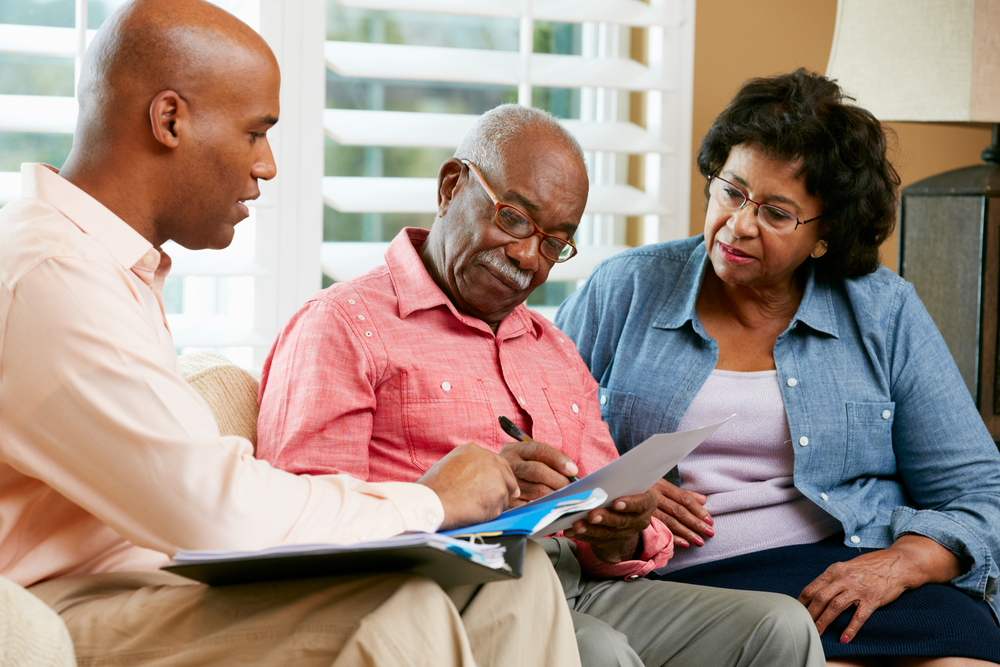
In Person
Please call us at (434) 392-3773 to set up an appointment to discuss pre-planning with a caring professional
Online
Send us an Email or contact us so we can help you!
You may also fill out our At-Need/Pre-Need Form
